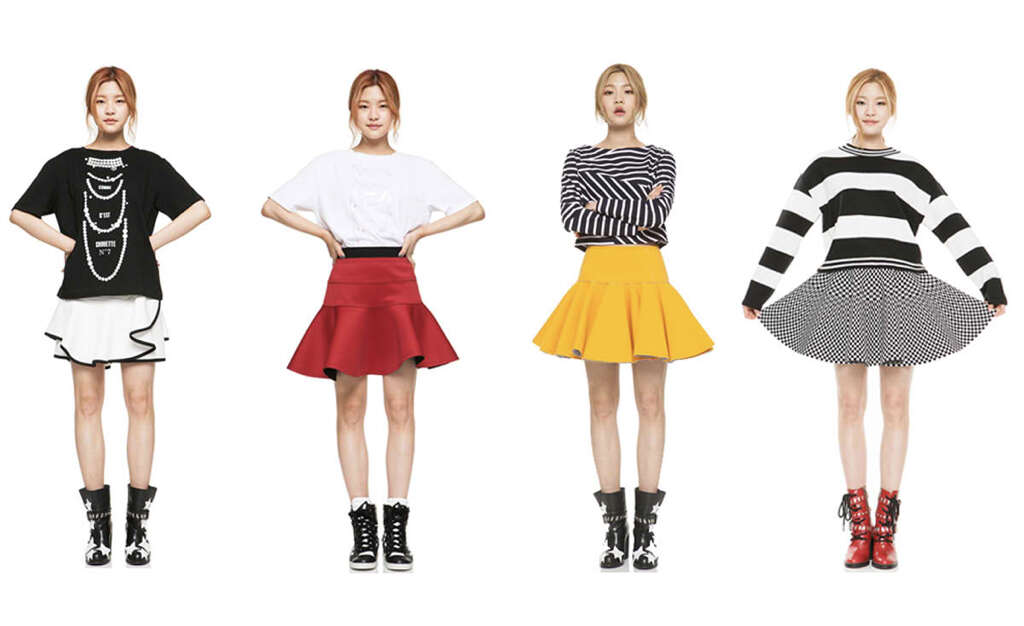What Does Condescending Mean?
Unfortunately, there are some people in the world that seem to think they are better than everybody else. This can lead to them treating other people with disrespect, and this can be quite hurtful to other peoples’ feelings. They can also be condescending, which means speaking down to people as though they are inferior to you.
We might sometimes be condescending to other people without even realizing it, and a lot of people would appreciate having it pointed out to them so they can change their ways. It is often nuanced and not easy to recognize, so here are some examples that you might recognize.

1. Fashion Tips
Fashion is a big thing for some people while, for others, clothing mainly just serves a practical purpose. We all have different preferences and this includes preferences when it comes to what we wear. It is important to bear in mind that just because you prefer to dress in a certain way, it doesn’t mean that others should as well. Some people can be condescending when mentioning other peoples’ clothing such as commenting on the brand or the style. It is actually quite ugly to do so and a lot of people are likely to think negatively of the person that does it.

2. “Actually”
“Actually,” is a fairly common word that basically means the equivalent of “as a matter of fact.” While the meaning of the word is quite straightforward in most cases, it can be quite condescending if not used right. For example, the phrase: “I actually really liked the meal” is not as much of a compliment as it might sound.
While the user is complementing the meal, they are also displaying a negative opinion of the person that made it. In adding the word “actually” into the sentence, it suggests the user is surprised that the chef is capable of cooking something so well.

3. Dominating Conversations
Sometimes we have something valuable to say and it would be a good idea for other people to be quiet and listen to what you have to say. Most of the time, though, conversations are to be dialogues, which means that more than one person is contributing. If you are running a monologue, however, then there’s a chance you are being condescending.
If you are dominating the discussion while barely allowing others to speak, it could appear as though you think what you have to say is more important than what others have to say. Give others a chance to say their piece as well, otherwise you might come across as being condescending.

4. Unsolicited Advice
It is a good thing that friends are there to help each other out when needed. Often, this is just in the form of advice when somebody is struggling and doesn’t know how to fix a situation. Before you go giving out advice, however, make sure the advice is welcome first. If you go giving advice without people wanting it, it can come over as very condescending.
It can give the impression that you feel your opinions are superior, and that the other person is unable to fend for themselves. Ask first. That way, if they agree, you will know the other person wants to hear what you have to say.

5. Honey
Honey is often used as a term of endearment between couples, while it is also sometimes used in the same way between female friends. At other times, however, it is far from being friendly and it actually quite condescending. If used incorrectly, the term honey can make it sound as though you are being patronizing, as though the person you are speaking to is below you and immature or inferior in some other way.
Even if it is not intended that way, nuance is not always clear so you can still end up offending somebody. Try using it only with people that you know well to be on the safe side.

6. I Will Pray for You
It is fine to have a religion, and it is also fine to pray for somebody. After all, if you are praying for somebody it will nearly always be done with good intentions as you try to help them in some way. Use it in the wrong way, though, and it can be really quite offensive. In saying that you will pray for somebody can come over like you think they are incapable of doing things for themselves.
It can be a very bad idea to use it when you have had a disagreement with somebody because it might seem as though you think their thoughts are inferior to yours and they are in need of divine assistance.

7. Backhanded Compliments
It is good to compliment people on a job well done. We tend to work quite hard, and often without recognition, so it is good that we let people know from time to time that their efforts are noticed. When you do so, however, it should be a genuine compliment with no ulterior motives.
A comment like “This is a good job for you” is not really a nice thing to say, because it clearly suggests that you think the other person is not usually up to those standards. It is sometimes used deliberately among friends as a form of banter, and that is fine, provided that both sides understand the nuance.

8. Equating Experiences
If a friend has just had a bad experience, it is a good idea to listen to their problem. Once they have explained, it is a good idea to give them some support and maybe offer some advice if you have any. This might mean mentioning a similar experience that you have had as a way of showing empathy, but it can backfire if not done right.
If you are trying to tell them about a similar experience you have had, you should make sure it’s relevant and make sure the topic remains on the other person’s problem. Otherwise, it might come across as though you are hijacking the discussion to talk about your own problems, as though they are more important than your friend’s.

9. Being Impolite to Servers
Servers often have a pretty difficult job. They tend to spend a lot of time on their feet during long shifts and, all too often, servers are not paid particularly well. On top of everything else, servers will also sometimes have to deal with rude and/or difficult customers, but still have to maintain their professionalism. If you are in a restaurant, bar, or anywhere else with servers, remember that they are people too.
There is no reason why you cannot be polite to them and a simple please and/or thank you will often go a long way. If you are not polite then it can appear as though you feel you are above the servers, which is very condescending indeed.

10. Helping Out Colleagues
Work can be tough, but don’t forget that your colleagues are generally in the same boat as you are. Working together helps to make things easier for everybody, and can even help to make work a pleasant experience. Some colleagues, however, might feel as though helping others out is below them.
If your colleagues are struggling to keep up, and you have nothing to do yourself, you really should help out if you can. Not only will it be appreciated, but it also means that you are more likely get help yourself in the future if you need it.












